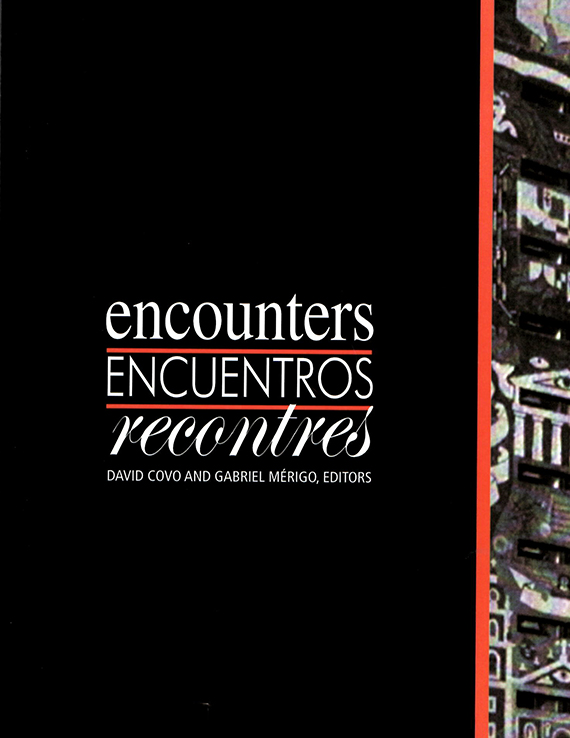Author(s): Clara Murgueitio
In the last decades, government authorities and organizations have been implementing urban upgrading projects in countries of the less developed world, hoping to reduce the increasing poverty. However, these urban upgrading projects raise wide management question, since after the completion of the projects there is still much to be done in order to guarantee their maintenance. Most experts in the field believe the better way to target the problem is through taking into account the affected community, and including them during the different stages of the project. This paper examines the experience of the Obras con Saldo Pedagógico (OSP) programme, a community-based upgrading project implemented in Bogotá, Colombia between 1996 and 2000. The OSP programme intended to enable communities by allowing them have the control over the entire project: design, implementation, administration and maintenance. In fact, one of the main assumptions regarding the programme was that this participation from the community would assure projects’ sustainability. However, through the exploration of the programme and the analysis of four case in Bogotá, it was detected that certainly urban upgrading programs have better chances to be sustainable over time when the community has been involved during the process, however, that the design of the projects plays a relevant role, as the level of maintenance is closely related to the generation of spaces where the private and public encounter is allowed.
Volume Editors
David Covo & Gabriel Mérigo Basurto
ISBN
0-935502-57-2

 Study Architecture
Study Architecture  ProPEL
ProPEL 
